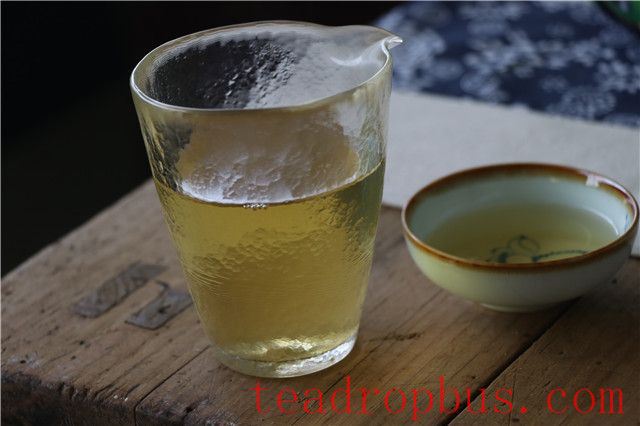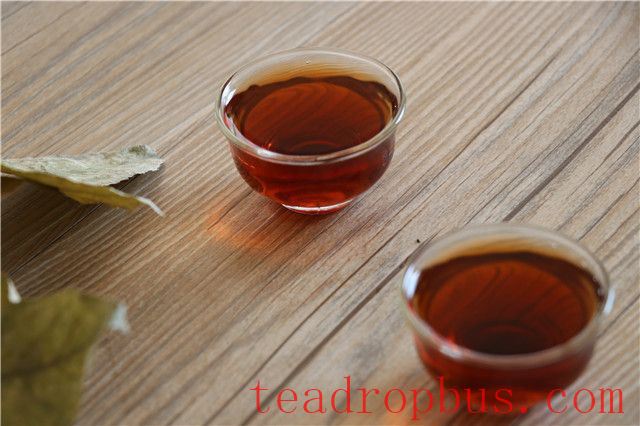Tea drinking can strengthen the body and calm the mind, bringing many benefits to our health! However, there are some precautions to keep in mind when Drinking Tea.

First, avoid drinking tea on an empty stomach.
Often, you may hear fellow tea enthusiasts say that tea harms the stomach or ask if there is a type of tea that can nourish it. In reality, tea does not bear this burden; it doesn't have miraculous stomach-nourishing properties, and how well your stomach functions depends entirely on how you drink your tea. For instance, drinking tea on an empty stomach.
Drinking tea on an empty stomach dilutes gastric juices and reduces digestive function. It can also cause “tea drunkenness,” characterized by palpitations, dizziness, headache, weakness, and unsteadiness. Additionally, it can exacerbate feelings of hunger, potentially leading to hypoglycemic shock. Drinking tea on an empty stomach is akin to “inviting a wolf into your home”; in China, we've long had the saying, “Do not drink tea on an empty stomach.” If your stomach is empty or upon waking up in the morning, it's best to first drink a cup of plain water, eat some snacks, and then enjoy your tea.
Second, avoid drinking scalding hot tea.
Very hot tea can strongly irritate the throat, esophagus, and stomach. Drinking excessively hot tea over the long term may lead to diseases of these organs. According to foreign research, people who regularly consume tea hotter than 62°C tend to have more damaged stomach linings and are more prone to stomach ailments. After brewing your tea, wait for a moment until the temperature cools down to around 60°C before slowly sipping it.

Third, avoid drinking strong tea.
The saying goes, “Mild tea drunk warm is most beneficial to one's health.” This is because strong tea contains higher amounts of Caffeine and alkaloids, which can be quite stimulating and may cause headaches and insomnia. It can also cause an accelerated heartbeat, which is detrimental to those with conditions such as tachycardia, premature beats, or atrial fibrillation. Women should especially avoid drinking strong tea during menstruation, pregnancy, childbirth, and breastfeeding. The ratio of tea leaves to water should be moderate; do not use too many leaves with too little water.
Fourth, avoid drinking tea before meals.
Drinking tea before a meal is essentially the same as drinking it on an empty stomach. Drinking tea before eating can dilute saliva, making food tasteless and temporarily reducing the digestive system's ability to absorb proteins. Drinking tea on an empty stomach directly stimulates the gastrointestinal tract, dilutes digestive juices, and can result in a state of “tea drunkenness.” Instead, eat some snacks or appetizers before drinking tea, or sip tea during the meal.
Fifth, avoid drinking tea immediately after meals.
It's not advisable to drink tea right after eating. Drinking tea immediately after a meal dilutes gastric juices, affecting digestion. Tannic acids in tea can also bind with proteins in food, adding strain to the stomach and hindering protein absorption. It's best to wait about an hour after eating before drinking tea, which can aid digestion and eliminate greasiness.

Sixth, avoid using tea to take medications.
Tea contains a large amount of tannins, which can break down into tannic acid and combine with many drugs, forming precipitates that hinder absorption and affect the efficacy of the medication. As the saying goes, “Tea water negates the effects of medicine,” so never use tea to take medication; otherwise, the medication will be ineffective.
Seventh, avoid excessive tea consumption.
In general, drinking about 2-3 infusions of tea per day is considered normal, especially for Pu'er tea. Sometimes, even two infusions a day can be sufficient (excluding tea tastings), as drinking too much tea can lead to “tea drunkenness” and place a heavy burden on the stomach, causing discomfort.
The above seven points are important considerations for daily tea drinking. Hopefully, they will be helpful to all tea lovers and allow them to experience the benefits of tea drinking in their daily lives.